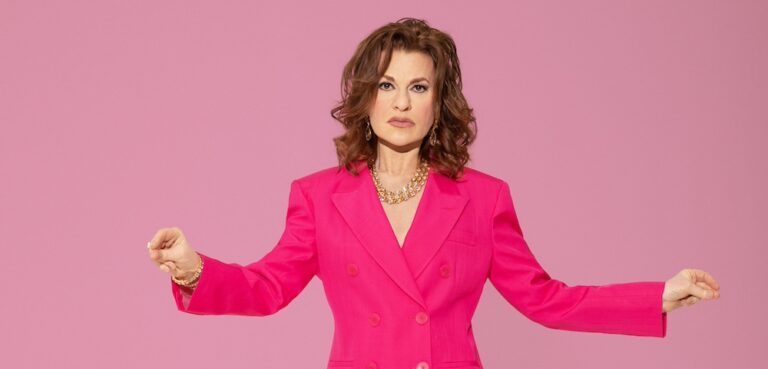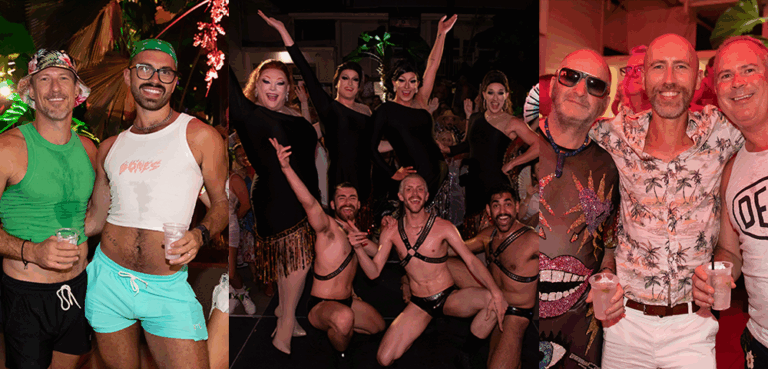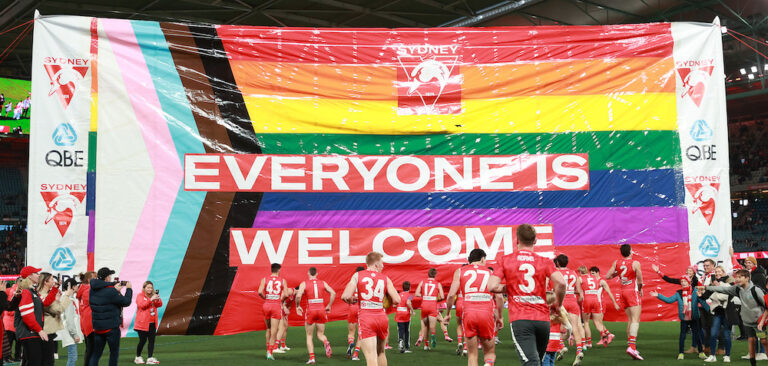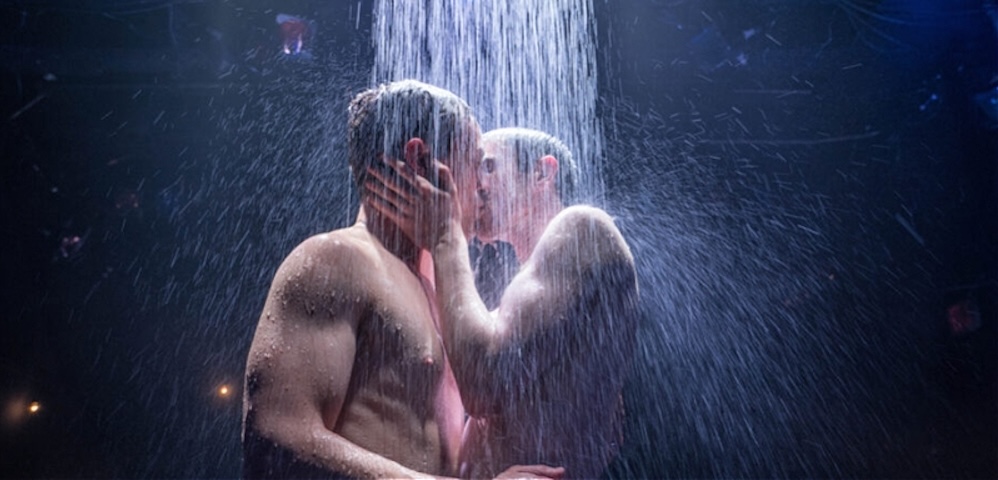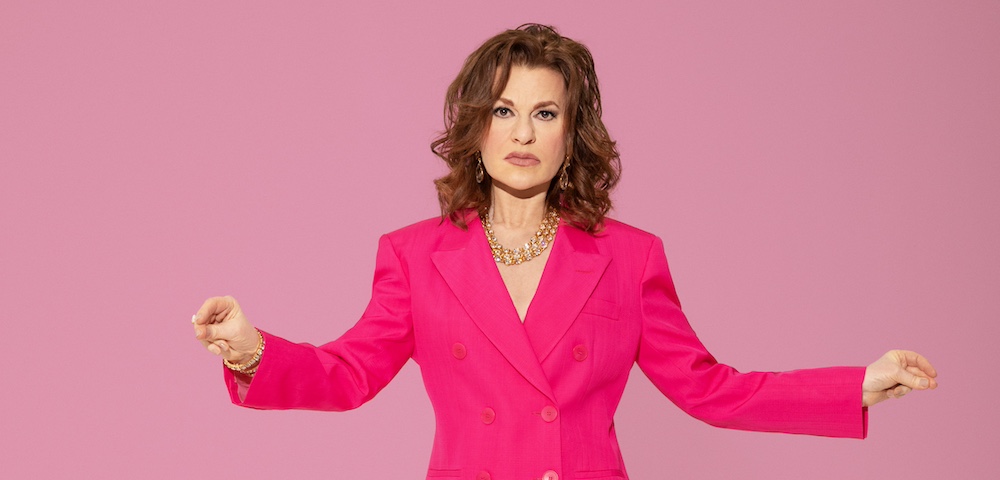
Get yourself a good lawyer
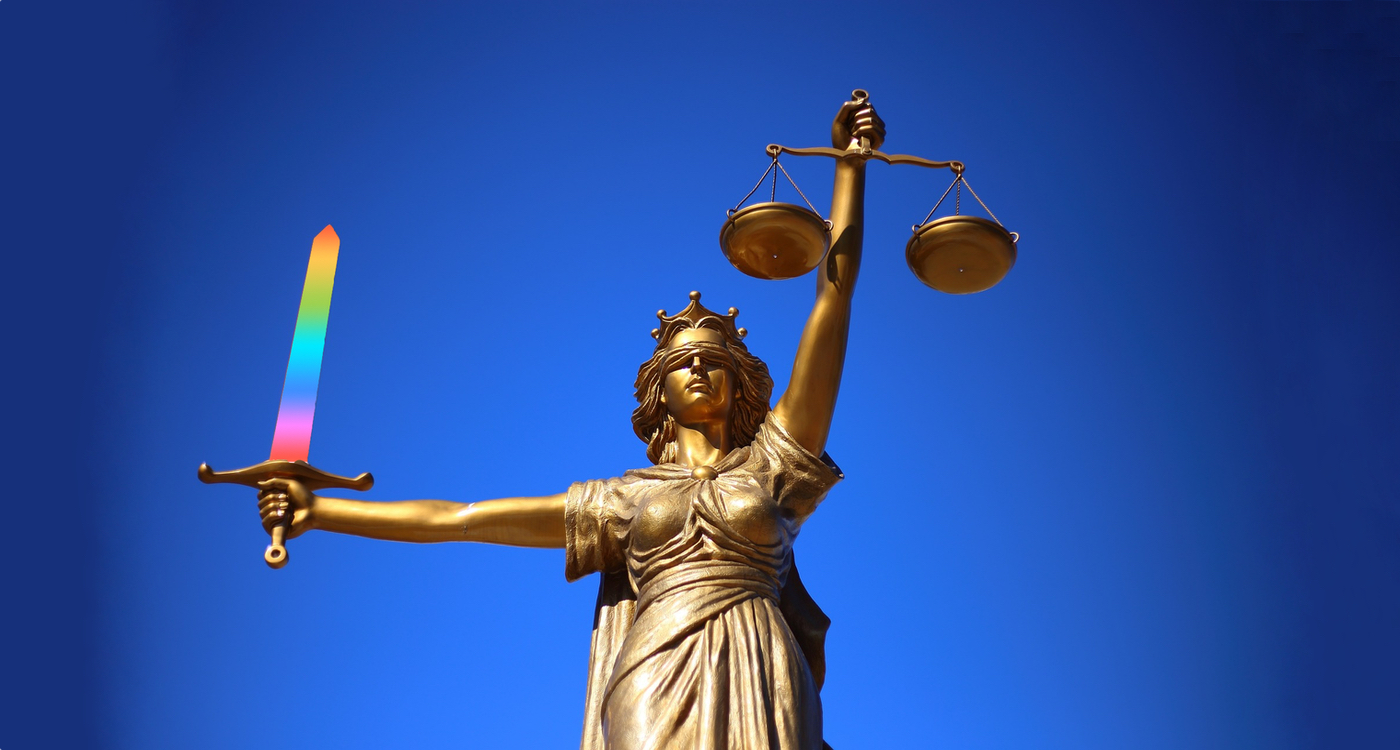
Meeting someone special and building a relationship can be one of the most rewarding things a person can experience, ending a relationship can be one of the most traumatic.
The drastic change, upheaval, whirlwind of emotions are devastating enough before factoring in any legal aspects, and quite often it’s the litigation that is the most destructive – emotionally, financially and mentally.
Choosing the right lawyer can make a huge difference not only to the process but the outcome of relationship and family disputes. This is even more important for members of the LGBTQI+ community.
“I think that many members of the [LGBTQI+] community have more complex structures than in the heterosexual community,” says Amy Jenkins, Principal, National Head of the Family law team at Russell Kennedy Lawyers and recognised by Best Lawyers for expertise in Family Law (since 2022).

Jenkins has built a practice within Russell Kennedy through which she sees a range of clients, some wealthy and some not. Russell Kennedy has significant pro-bono offering which is given to the LGBTQI+ community and many of Jenkins clients come from this community. She also works with Inner City Legal Centre, legal centres in Marrickville and Redfern and women’s shelters throughout Sydney. The latter has had a notable uptake of lesbians and queer women using their services.
When Jenkins speaks of complex structures, she is referring to the various types of relationships that exist within the LGBTQI+ community: different partnership arrangements, long relationships without children; intricately structured assets and finances. There are also cultural and societal considerations unique to the LGBTQI+ community, some of which can make it difficult for people to seek legal advice.
“And those sorts of things are things that we need to tackle head on; there needs to be equal access, without shame or embarrassment, for any member of the community, no matter how they identify,” says Jenkins. “I think, particularly with the LGBTQI+ community, you need to find someone who understands the… [specific concerns and] … language that you speak.”

Though Jenkins identifies as heterosexual, she has had a long history with the LGBTQI+ community. It began when she was a family lawyer working in Sutherland and a gay man walked into the office asking for legal assistance. Everyone else in the room shrugged helplessly, but Jenkins decided then and there that not only would she help this man, but that she would make it a pillar of her practice to cater to the LGBTQI+ community. To that end, she has spent 15 years building a specialty team which includes queer people and allies.
“I’m really proud of the team that we have. I think it’s quite a unique space. If you look at family law in Sydney, most of the big end of town, the big boutique firms, they don’t target this area, they don’t dabble in this area at all. And I think [the community] is really under-catered for.”
As a Family and Children’s Law specialist, Jenkins deals with domestic violence and child welfare and custody issues, all of which are sadly becoming more manifest within the LGBTQI+ community. Domestic violence may be in the form of physical abuse, coercive control, financial control, and/or manipulation, which can be exacerbated by the wider range of issues endemic to the community.

Children may come from informal, self-styled surrogacy or parenting arrangements which are susceptible to relationship or lifestyle changes, disagreements, and other factors. Conventional legal avenues might not understand the nuance and complexities of these arrangements and some professionals don’t have the legal experience for such informal arrangements.
“Sydney is well renowned to be the most adversarial and litigious geographical area in the family law space in the whole of Australia, and I think that that definitely plays out in some of the members of our profession,” says Jenkins.
A lot of lawyers will encourage litigation, whereas Jenkins’ firm prefers to resolve issues through mediation.
“The court system is hugely congested and once you commence a court action, you’re waiting years for a decision, not weeks […] And, to me, if you were able to resolve something at mediation, or even before you get to mediation, the parties are much more likely to be able to look at each other after the end of it.”
It is quicker, cheaper, less harrowing — especially for children — and the outcomes are almost better for both parties. Through negotiation, there are many more possibilities and work arounds.

Jenkins finds she can resolve most matters through mediation and very few of her cases go to trial. Her advice to anyone facing a dispute is to seek out specialist lawyers and to do it as quickly as possible.
“I think the hardest thing for me is when someone comes to see me too late.”
There is a time limit of 2 years in which legal action can be taken in relationship matters. Jenkins has seen clients who have hesitated just a little too long or spent lots of time and money with lawyers who achieved nothing.
This year, Jenkins was recognised by Best Lawyers as “Lawyer of the Year” for Family Law in Sydney, so her advice is probably worth taking.
“It’s very humbling, really humbling. You know, I’m very proud of the work that I do and the work that the team does.”
